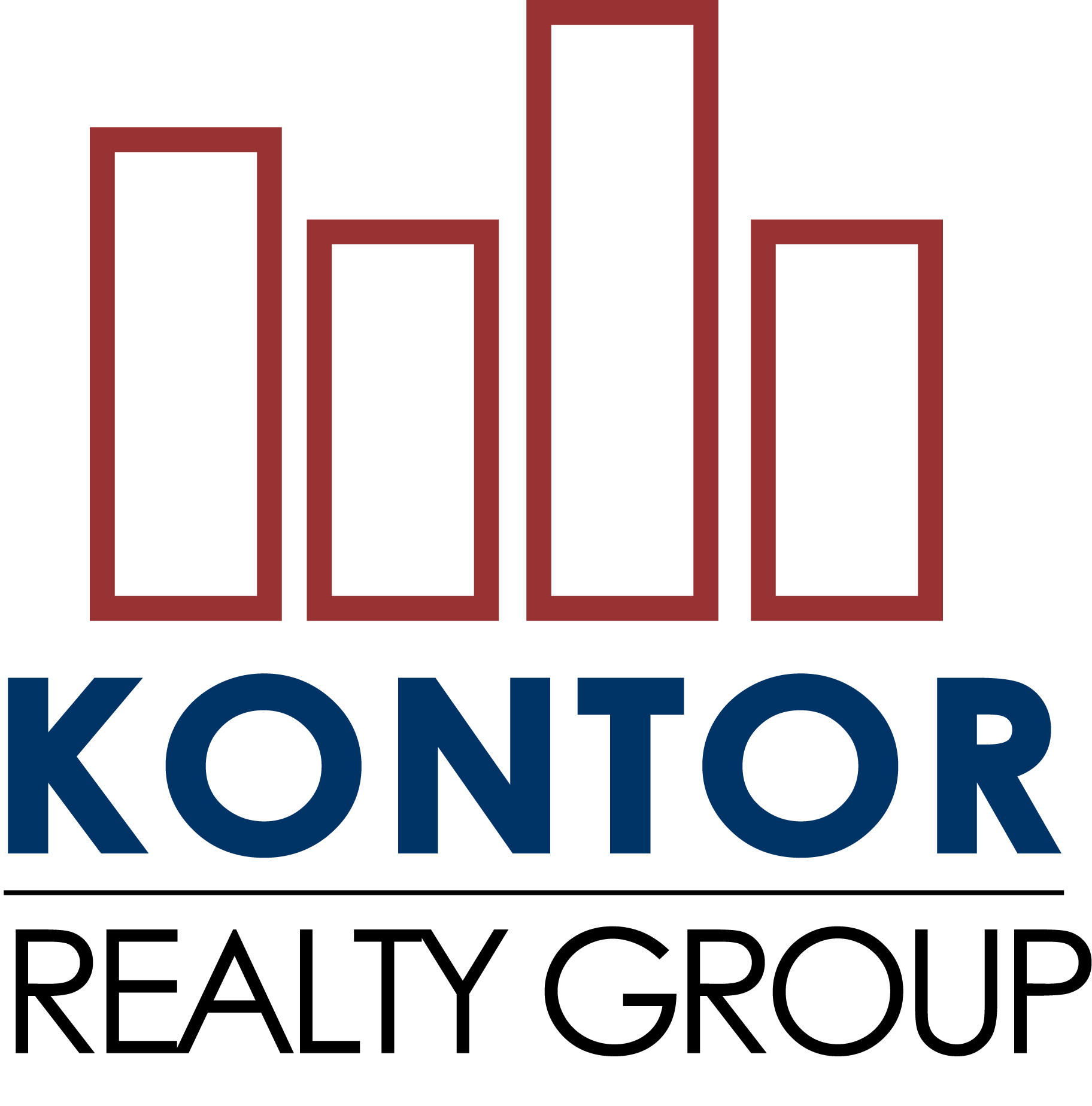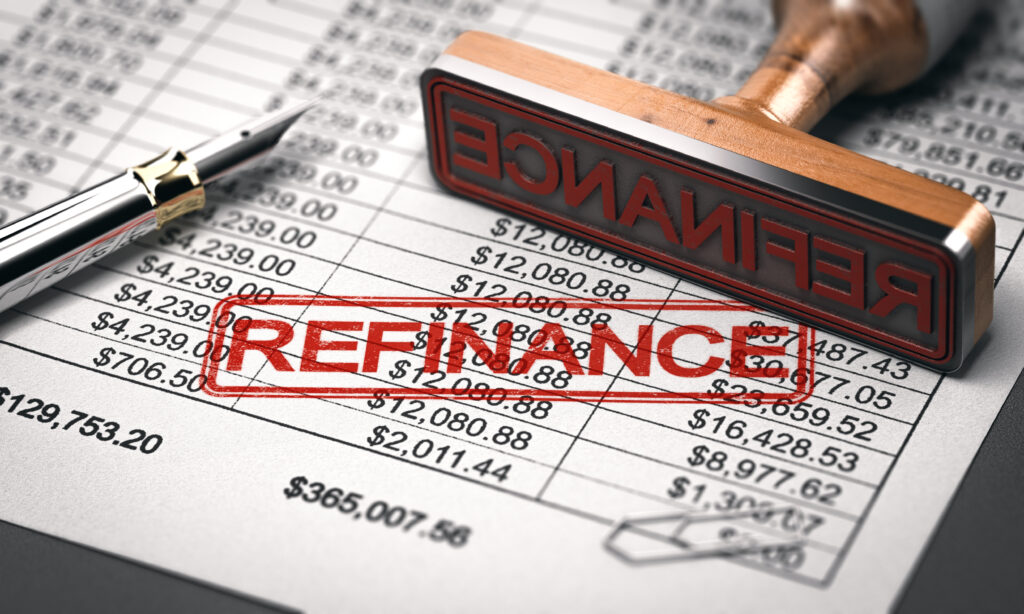In today’s fluctuating economy, homeowners are increasingly considering the option of refinancing their mortgage as a strategy to improve their financial situation. Refinancing can offer attractive benefits such as reduced interest rates, lower monthly payments, and the opportunity to tap into home equity. However, it’s not without its drawbacks, including potential fees and the risk of extending the loan term. In this blog, we’ll take a closer look at the pros and cons of refinancing your mortgage, helping you to make an informed decision that aligns with your financial goals and lifestyle.
Understanding Mortgage Refinancing
Mortgage refinancing involves replacing your existing home loan with a new one, often with different terms that are more favorable to your current financial situation. The process typically includes paying off your old mortgage and creating a new one, potentially with a lower interest rate, a different loan term, or both. This financial strategy can be particularly appealing in periods of lower interest rates or when you’ve improved your credit score since the initial mortgage was obtained. Understanding how refinancing works is crucial for homeowners who are looking to reduce their monthly payments, shorten their loan terms, or cash out some of their home equity for large expenses.
Pros of Refinancing Your Mortgage
Lower interest rates beckon homeowners to refinance their mortgage, promising significant monthly savings and the allure of reduced long-term interest costs. By securing a lower rate, homeowners can decrease their monthly payments, freeing up cash flow for other financial needs or savings. Transitioning from a 30-year to a 15-year mortgage through refinancing can also offer the dual benefits of less total interest paid over the life of the loan and a quicker path to full home ownership. Additionally, cash-out refinance options give homeowners the chance to leverage their home’s equity for large expenses, such as home improvements or college tuition, while debt consolidation through refinancing can simplify finances by combining higher-interest debts into a single, lower-rate mortgage, thus streamlining payments and potentially reducing overall interest costs.
Cons of Refinancing Your Mortgage
While the advantages of refinancing a mortgage are often compelling, homeowners must also weigh the potential downsides carefully. Among the cons, closing costs and fees stand out as significant considerations; these expenses can sometimes negate the financial benefits of a lower interest rate, especially if the homeowner plans to move in the near future. Furthermore, opting for a longer loan term to decrease monthly payments might result in paying more in interest over the life of the loan, an outcome that requires careful financial analysis. The risk of foreclosure is another crucial consideration; refinancing for a higher amount or under less favorable terms can lead to difficulties in meeting payment obligations, particularly during economic downturns. Lastly, the impact on one’s credit score cannot be ignored. The process of refinancing involves a hard inquiry into your credit report and may temporarily lower your credit score, affecting your ability to secure loans or obtain low-interest rates in the short term. Therefore, understanding these potential drawbacks is essential for making a well-informed decision about refinancing your mortgage.
When to Consider Refinancing
Deciding when to refinance your mortgage hinges on evaluating market conditions and your personal financial situation. Market conditions ideal for refinancing include periods of lower interest rates compared to the rate you currently have, as this can significantly reduce your monthly payment and total interest paid over the loan’s lifespan. On a personal level, refinancing becomes advantageous if your credit score has improved since you first secured your mortgage, potentially qualifying you for better loan terms. Additionally, changes in your financial situation, such as increased income or decreased debt, can make it a good time to refinance and take advantage of lower rates or shorter loan terms. Evaluating these factors in tandem will guide you to make a strategic decision about whether refinancing is the right move for you and your financial future.
Refinancing your mortgage can be a strategic financial move, offering several benefits like reduced interest rates, lower monthly payments, and the ability to tap into home equity. However, it’s critical to weigh these advantages against the potential drawbacks, including fees, the risk of extending your loan term, and the possibility of a negative impact on your credit score. By carefully evaluating your personal financial situation, market conditions, and the pros and cons discussed, you can make an informed decision that supports your long-term financial health and goals. Remember, what works for one homeowner may not be the best choice for another, so consider your unique circumstances before pursuing refinancing.




